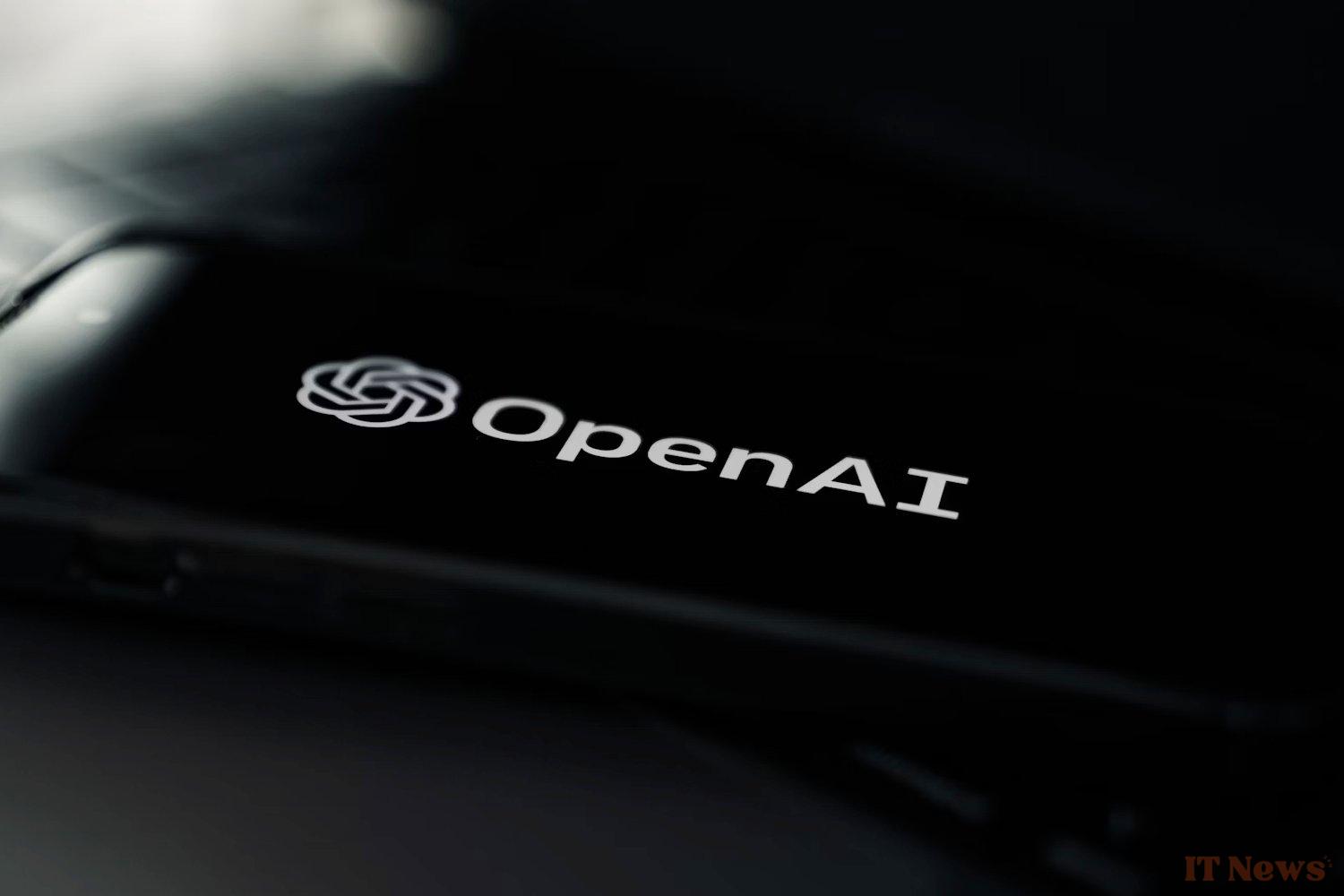OpenAI and Google, two of the leading companies in the field of generative AI, recently asked the US government to allow them to train their models on copyrighted works without being hampered by rights holders. OpenAI in particular is regularly the target of complaints from authors and press publishers, the startup having the unfortunate habit of picking up everything that is on the internet without much consideration for the creators.
Hollywood artists are selling out against AI companies
The White House has asked industry, the private sector, and individuals to express their views on the AI Action Plan, an initiative intended to "strengthen the United States' position as an artificial intelligence power" by preventing "burdensome requirements" from hindering innovation. OpenAI and Google were only too happy to submit their contributions.
OpenAI explained that open access to copyrighted content under "fair use" could both "protect the rights and interests of content creators" and "preserve American leadership in AI and national security." It’s hard to imagine how all this could fit together, though.
OpenAI is using the Chinese threat to demand this flexibility: “There is little doubt that PRC [People’s Republic of China] AI developers will have unfettered access to data—including copyrighted data—to improve their models,” the company writes. “If PRC developers have unrestricted access to data while US companies are denied fair access, the AI race will, in effect, be over.”
Google agrees with its rival’s arguments. The search engine claims that copyright, privacy, and patent policies can "hinder appropriate access to the data needed to train the most advanced models." The group also believes that fair use policies have been "essential" for training AI.
"These exceptions allow the use of copyrighted and publicly available material for AI training, without significant impact on rights holders," Google assures. "They also avoid often unpredictable, unbalanced, and endless negotiations with data holders during model development or scientific experiments."
The prospect of institutionalized plundering would certainly be good for the AI giants, but much less so for the creators who would be deprived of any remuneration. More than 400 Hollywood creatives have signed an open letter—including Ben Stiller, Mark Ruffalo, Cate Blanchett, and Taika Waititi—saying they "firmly believe that America's global leadership in AI should not come at the expense of our vital creative industries." The signatories say AI companies are seeking to "undermine" economic and cultural strength to drive models that allow these same companies to be valued at billions of dollars. OpenAI and Google reportedly want a "special exemption" to "freely" exploit creative industries, "despite their substantial revenues and the funds at their disposal."
These are two worlds that are completely opposed, and this is the case wherever governments seek to weaken copyright in favor of AI. In the UK, artists have launched a massive offensive against a similar bill.



0 Comments